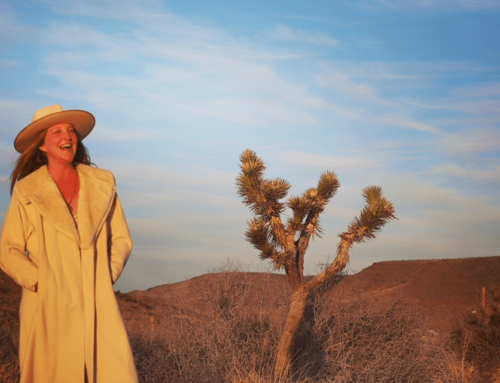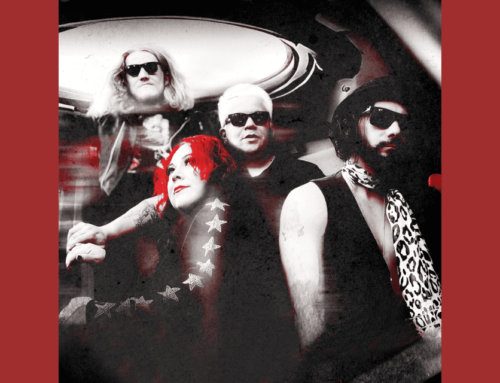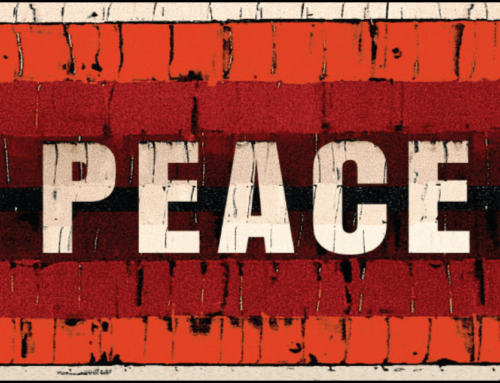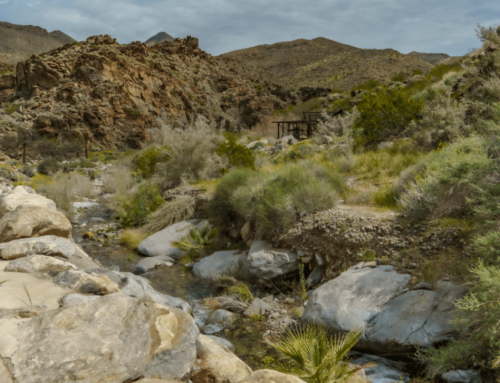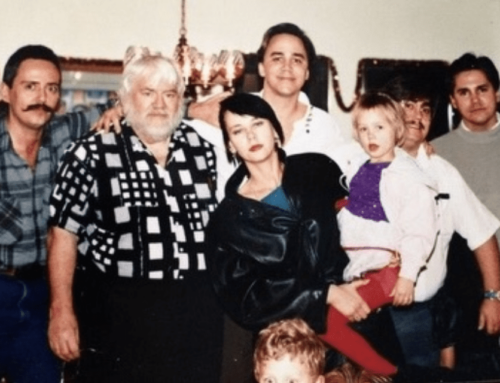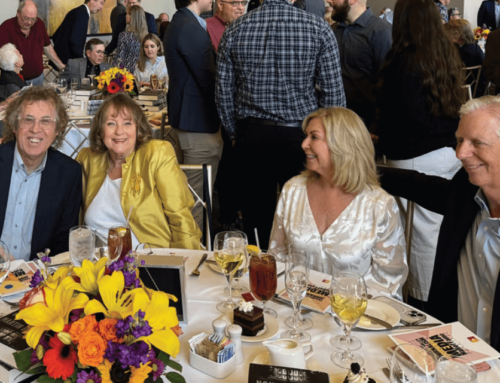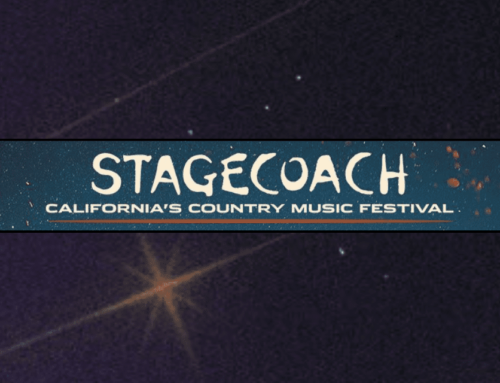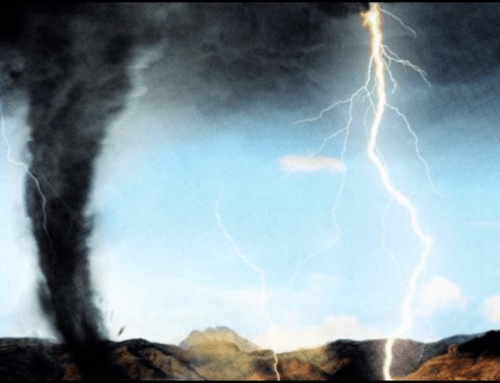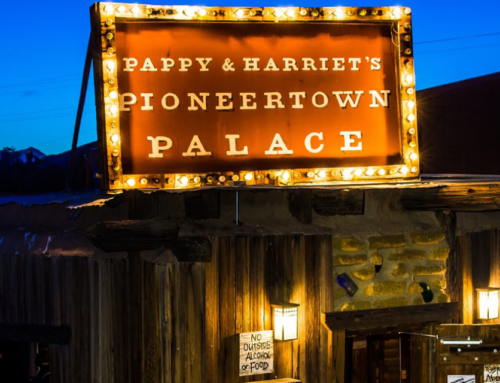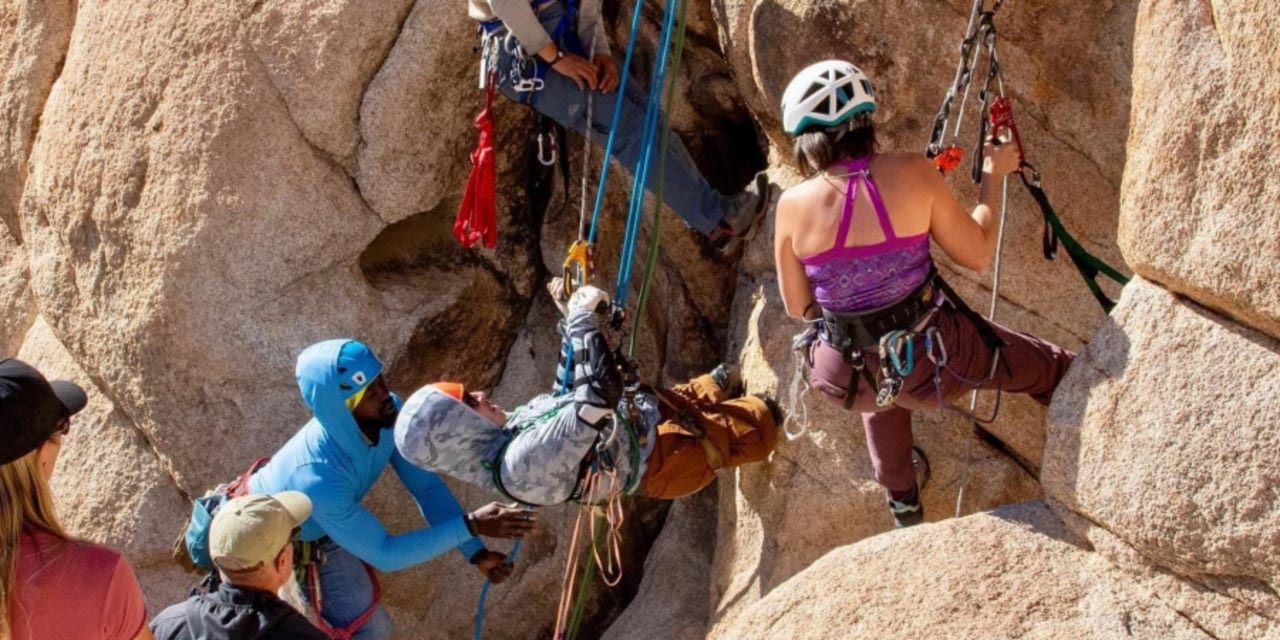
LOVE CLIMBS A WAY
By Lisa Lynn Morgan
“There’s wheelchair basketball, there’s wheelchair rugby, but you’ll always be in your wheelchair. With climbing, you’re free,” Rand Abbott relayed to his adaptive climbing students as he readied them for a single pitch climb in Joshua Tree National Park. “In a split second, we had an incident happen to us, and that changed our ability to maneuver for the rest of our lives. We weren’t asked about it. We didn’t have a choice. It happened just like that [snaps fingers]. But the world keeps going and keeps spinning. It’s not waiting for us.”
– Rand Abbott
Rand Abbott is not waiting for the world.
Today, neither are these athletes.
United States Marine, Rand Abbott, suffered numerous back injuries during his decade-long career as a United States Marine – a broken back, a fractured disk, ruptured and herniated disks, along with numerous concussions and other injuries. They never stopped him. After discovering a love for climbing in his early teens, his military career offered him opportunities to climb in amazing places such as Japan, Korea, and Joshua Tree National Park. And climb he did, in spite of his many injuries. Abbott left the Marines walking, but in 2007, a surfing injury and the resulting surgery would bring his highly physical activities to a devastating halt.
“The doctor cut through the dura lining of my spinal cord, resulting in the tethering of my spinal cord,” shared Abbott. “He didn’t tell me. In September of 2008, my spinal cord tore as a result of being tethered, and it ripped a three-inch hole in my dura lining. I lost all my spinal fluid and brain fluid. I had a spinal cord stroke and died. I came to on a helicopter in flight to a hospital.” Abbott spent the next two years in that hospital with almost two dozen corrective spinal cord surgeries. He has been in a wheelchair ever since.
“I hit a bottom,” Abbott recalled. “I just wanted to die. I told that to my doctor the night before one of my corrective surgeries. They lost me a couple of times during surgery. That night, I got right with my head and decided that no matter what, my disability was not going to define me or my life. The next day I told him I would surf and climb again.”
Abbott left the hospital at a fighting weight of 84 pounds, but he came out swinging. “I went to a special physical therapy program at the Medical University in Washington for about six months and told them I was going to surf and climb again. They said, ‘Ok, you better get to work!’” That was in 2010.
In 2013, Abbot started jugging lines in the gym, and was back at Joshua Tree National Park one year later. In 2014, he began led climbing as a para-aid led climber, the first in the world.
“When I came out here and led my first climb, I got about 45 feet up,” recalls Abbott. “I was exhausted from doing pull-ups. Then I looked down and saw my empty wheelchair on the ground, and I just started crying. When I got down my belayer asked me, ‘What’s going on?’ I said, ‘I just looked down at my empty wheelchair, and for the first time since September 22, 2008, I felt free. My wheelchair was on the ground, and I didn’t need it.”
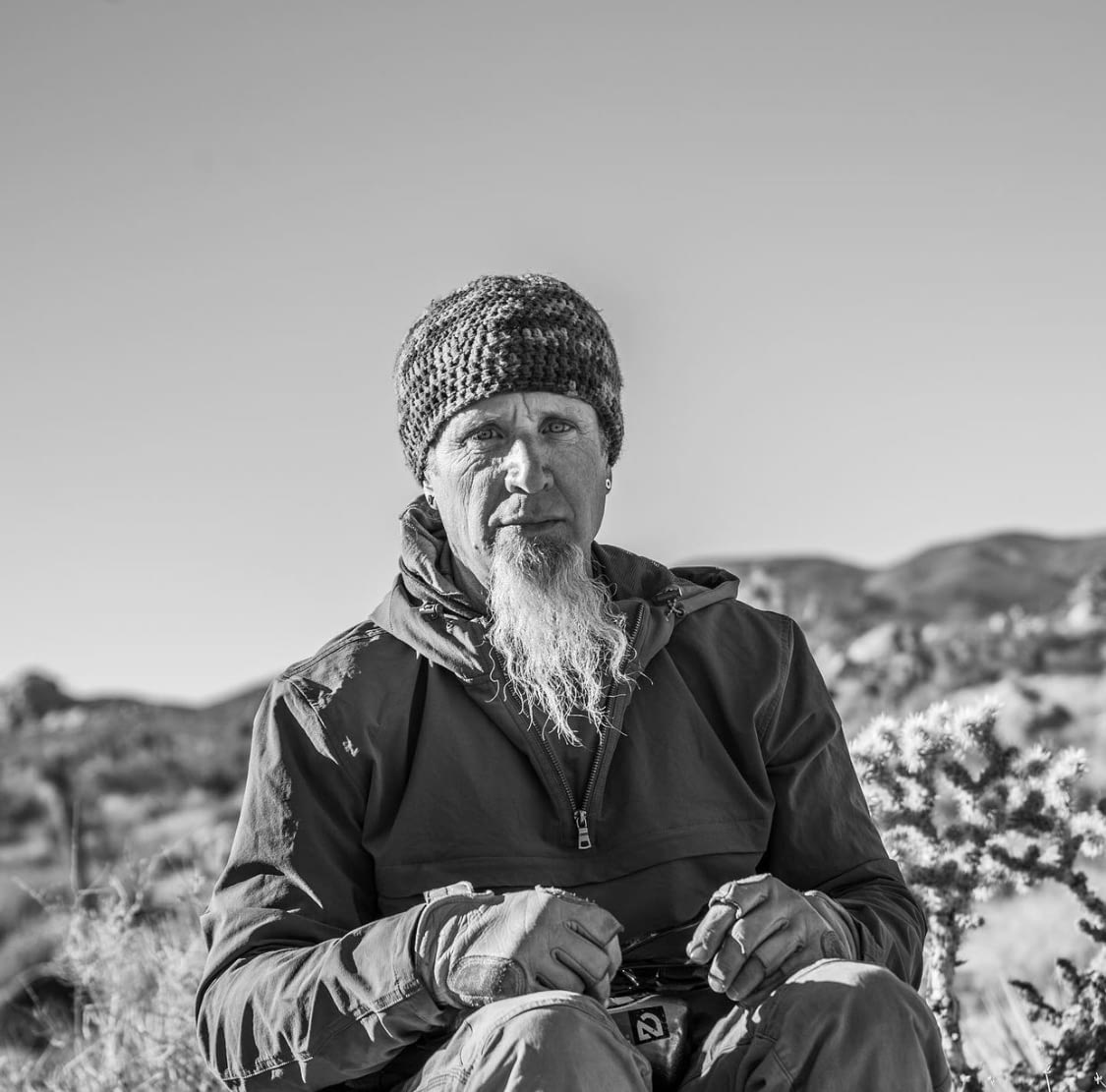
Rand Abbott (Special Guest / Coach)
Photo by Hana Park
“After their accidents, many people struggle with pain, anger, and depression,” explains Abbott. “Climbing gives us an outlet. The only way we build self-esteem is by doing something worthy, whether it’s for somebody else or ourselves. The climbing gives us the motivation. It gives us the drive. And we all need that in life.”
Rand Abbott is widely renowned in climbing communities as a world leader in para-led-aid climbing and has successfully worked with over 100 adaptive athletes, individually teaching them how to climb adaptively. Still, despite his accomplishments and all he has overcome, all the while helping others to do the same, Abbott has yet another obstacle to punch through. “I have always wanted to put on an adaptive climbing clinic, but I cannot get my Single Pitch Instructor certification,” shared Abbott. “They will not certify a person with a spinal cord injury who cannot walk, even though I surpass all the requirements. California Climbing School (CCS) was willing to work with me. We were on the same page. We wanted this to be more than a retreat for participants. We wanted them to have a hands-on learning experience.”
That first adaptive climbing clinic was held in November of 2022, with student athletes Maxwell “Max” Williams, Tanner Levi Hopson, and Jack Ryan Greener, assisted by Rand Abbott, Erik Kramer-Webb (Co-Founder of CCS and Certified Rock Instructor), Andy Gorrill (SPI), and Ting Chin (SPI). The ripple effects are still generating.
Chin, an explorer by nature, started guiding and teaching climbing with CCS in 2020. “Erik asked me to guide for the Adaptive Climbing Clinic last fall,” shared Chin. “So, Erik, Andy, Tee, and I started learning about how Rand climbs and the systems we would use for the clinic. Troubleshooting anchor set-ups were a collaborative effort. During the clinic, we worked with the athletes to tweak the systems and personal gear even further.”

Tanner Hopson (Athlete)
When asked how the experience made her feel, Chin shared, “It was very strange as a climbing guide and instructor to continuously ask the athlete to teach me. I was constantly asking things like, ‘How does that feel? What do you think of this movement? It seems to me that we should extend this part of your harness, what do you think of that? How does this prosthetic work? What do you think would be a better way to accomplish x-y-z? etc.’ When I’m guiding, I am more accustomed to hearing my own voice all day; explaining things or attempting to entertain with mountain stories. So, it was wonderful to listen more and participate in the learning myself. The whole clinic gave me a new perspective on leadership and teamwork that I had not experienced before.”
“It is so hard to put into words what it felt like to watch the athletes implement their incredible resilience and patience,” continued Chin. “Each climber faced their own challenges during the clinic. I think the natural desire to interact with wilderness, to feel the joy of challenging the body, and to have a clear sense of self, must have touched on some difficult emotions within each person during the frustrating moments. I constantly wondered how a person accesses such determination. Would I give up? And if I did, then what would I do? In a moment, everything could change. Do I have what it takes to navigate that change, and not only come out alive, but stronger? To be around people who are this strong is so invigorating, it is unreal.”
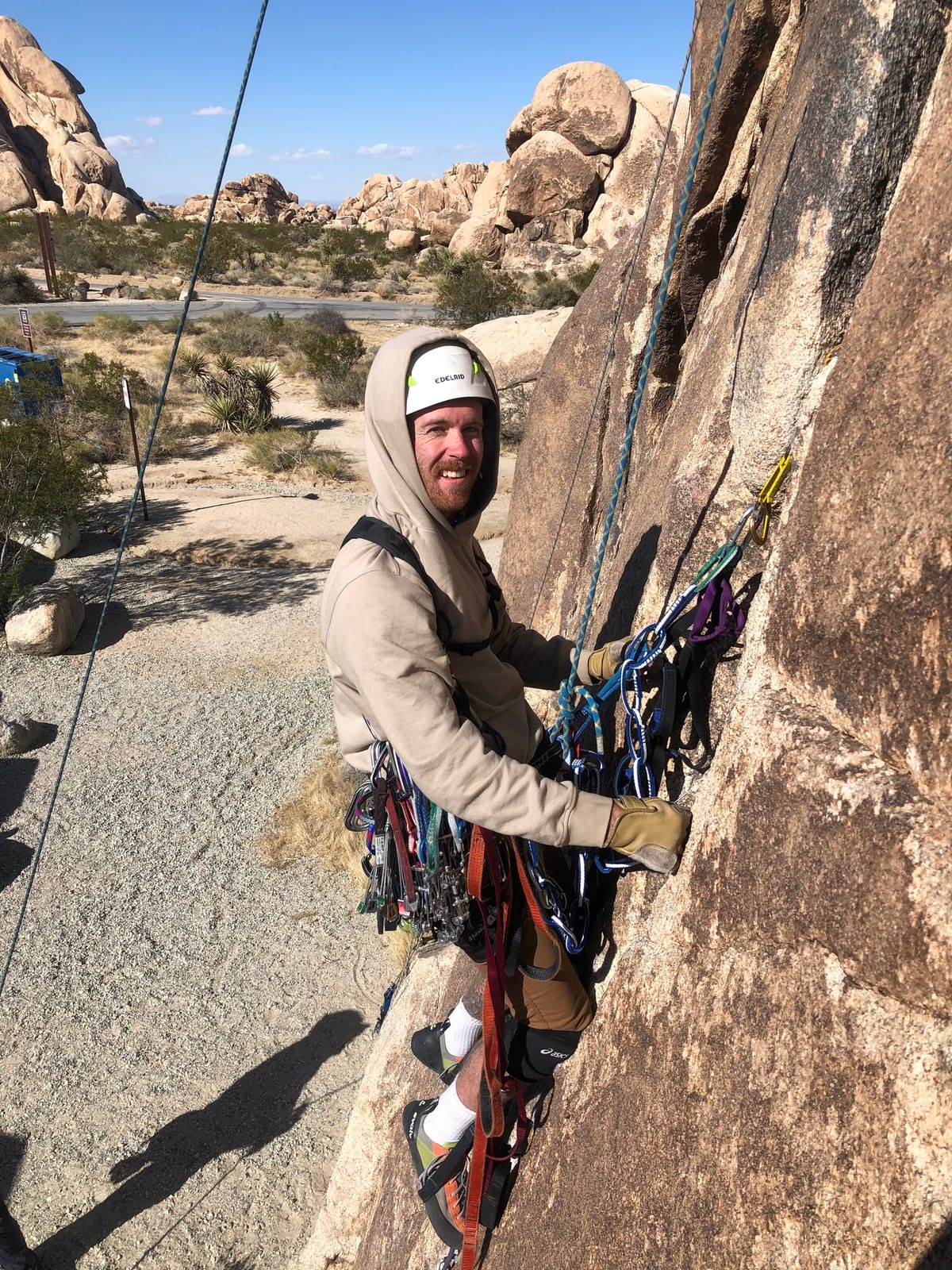
Jack Ryan Greener (Athlete)
Photo by Rick Momsen
“For me, it was more than I had been envisioning over the past three to four years,” recounted Abbott. “It was amazing. It was an eye-opening spiritual journey for all. I have personally believed that the benefit of having an adaptive climbing clinic put on by an adaptive climber was a no-brainer. To have a guide company agree with me on this was a big win. But for them to actually do it, that was another story. There is a lot of work and logistics to work through for a participant who is in a wheelchair, who is a double above the knee amputee, or who is a walking quad with invisible neurological disabilities. No two disabilities are alike, and no two climbers are alike.”
“To watch the light come on in each participant’s eyes as they realize, ‘This is possible. I can be independent and climb,’ was magical,” Abbott exclaimed. “Each individual had family members witnessing their loved one living beyond their disabilities.”
Max’s father, dealing with the residual anger after his son’s life was changed forever by a drive-by shooting, had a welcomed new set of emotions as he watched his son climb: “I saw my real son again.’”
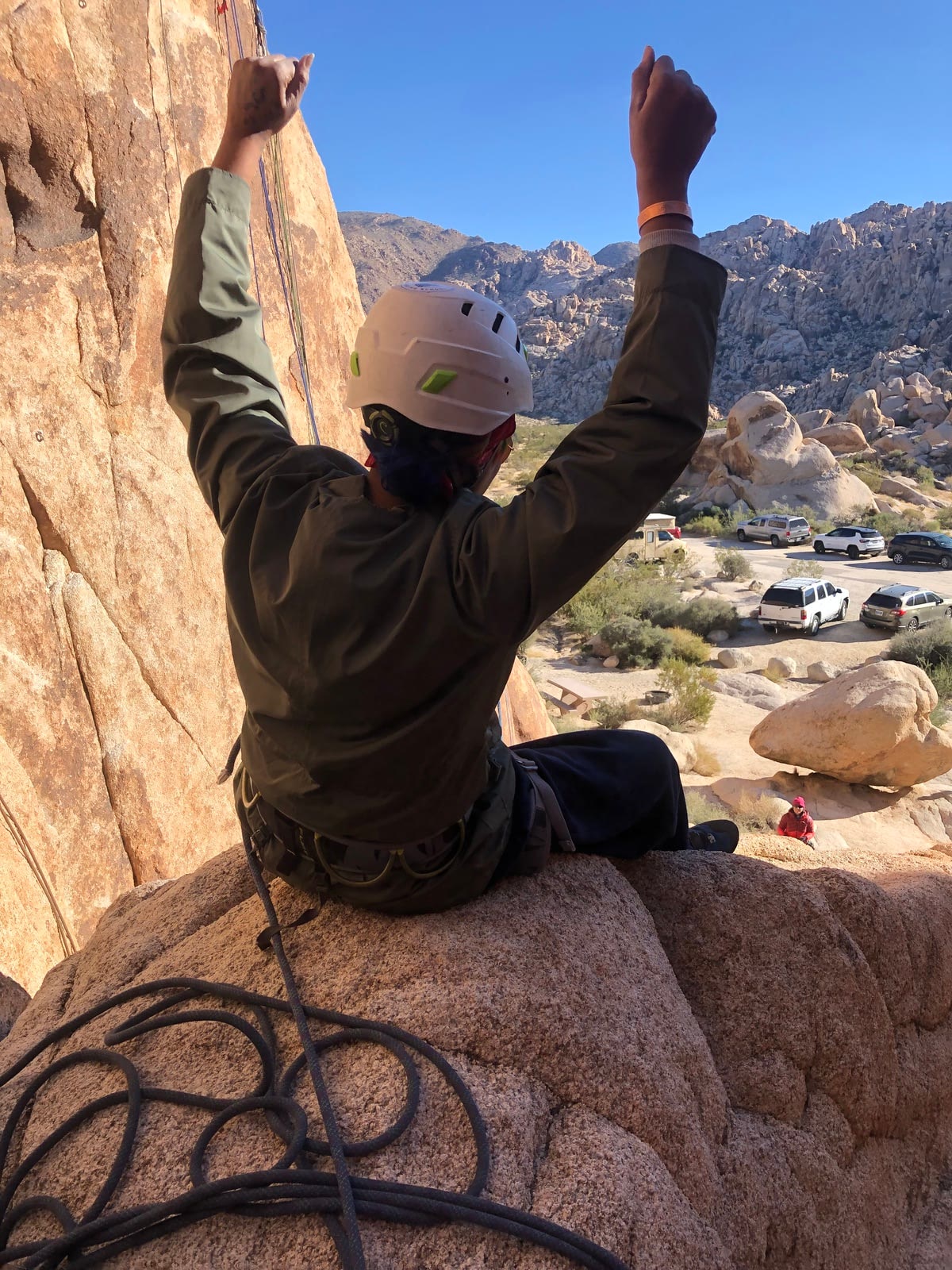
Tionna Edwards (Athlete & Caterer)
Photo by Erik Kramer-Webb
Abbott expanded, “They can see that their loved one who they knew before their trauma is still there and can live life; they can see beyond the equipment, the double prosthetics, beyond the wheelchair.”
California Climbing School Co-Founder, Erik Kramer-Webb, has also come along side Abbott in efforts to adjust the certification requirements so that qualified instructors like Abbott can earn Single Pitch Instructor certification. In his letter to the American Mountain Guides Association, Kramer-Webb articulates, “I would like to propose a new certification called Single Pitch Instructor Adaptive. It is important to have the word “adaptive” at the end of the phrase. If you were to call it Adaptive Single Pitch Instructor, then you would be defining the person by their disability. By putting ‘adaptive’ at the end, we are honoring the person first before we acknowledge the disability. It is just as important to have an adaptive guide teaching adaptive climbing as it is having a woman leading a women’s climbing event or having a person of color teaching a BIPOC climbing event or having a queer person teaching climbing at an LGBTQ+ event. It’s important because we, as able-bodied people, just don’t get what it is like to have a disability, and we never will.”

Rand Abbott (Coach)
Photo by Hana Park
Abbott and Army veteran/volunteer/coach, Joe Gaston, have since started a nonprofit called Adaptive Climbing Coalition (ACC). “The Adaptive Climbing Coalition fulfills a need for training and community for climbers with visible and non-visible disabilities,” shared Gaston. “We are also seeking to break down any existing barriers between adaptive and nonadaptive climbers as well as barriers between gyms and adaptive climbers. Currently, the ACC is in the earlier stages of its culmination and is seeking 501c3 status. Corporate sponsors, memberships, and private donations will provide the ACC with the funding required to successfully organize climbing clinics, gym programs, and campaigns across the United States in support of our mission.”
Meanwhile, California Climbing School and the ACC are working together to create clinics for adaptive athletes to learn the craft of rock climbing. “We are offering a training the first weekend in April in Joshua Tree for able bodied guides and climbers to learn how to train adaptive climbers,” stated Kramer-Webb. “Our next clinic for adaptive athletes will be in the fall. That will give us time to expand the guide and coach pool as well as work on fundraising. The first clinic we ran at a loss, but the vibes were incredible and gave our staff the juice to want to pursue it more.”
The inspiration and for such an effort can be summed up in this testimonial from Jack, one of the clinic’s first participants:
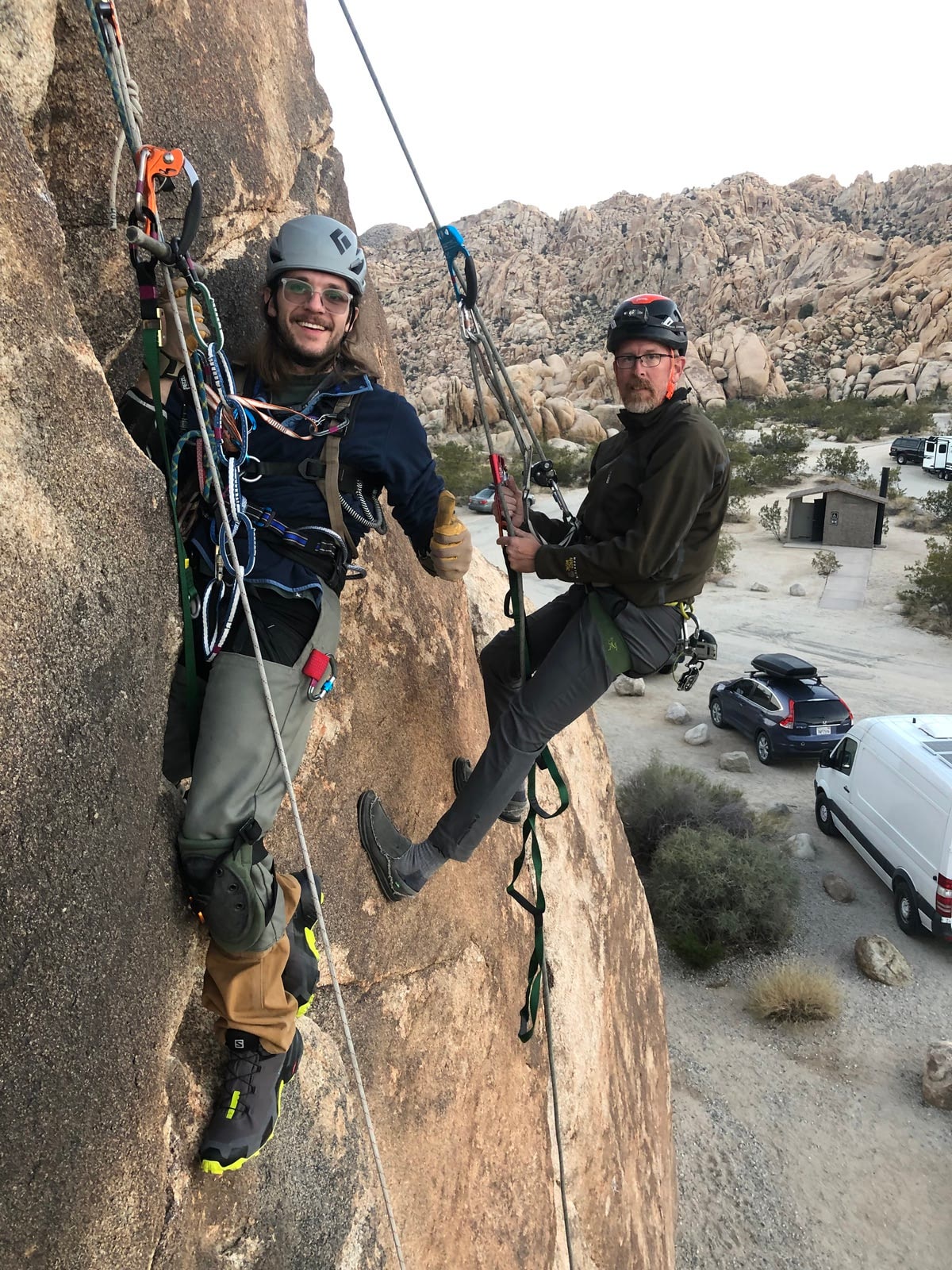
Maxwell “Max” Williams (Athlete)
Rick Momsen (Coach)
Photo Courtesy of Joshua Tree National Park
For more information go to:
Adaptive Climbing Coalition: www.adaptiveclimbingcoalition.org
California Climbing School: https://californiaclimbingschool.com/
California Climbing School and Rand Abbott would like to thank Netolius Climbing for sponsoring the volunteers and guides with the adaptive climbing equipment that made the clinic possible.
*Jack Ryan’s quote captured by Stephani Dawn for her article in Common Climber (recommended reading): https://www.commonclimber.com/single-pitch-instructor-adaptive.html
“As an adaptive athlete and one with quadriplegia, simply making it to the top of a climb on top rope, as seen in many adaptive clinics, means absolutely nothing to me.
The sense of accomplishment lies in the technical knowledge, vision, and ability to adapt via systems that are conducive to my specific neurological deficits – to pursue the sharp end safely and to be a worthy and highly knowledgeable partner to my ablebodied counter parts.
I’ve fought for nearly three years to be seen by my family, friends, and numerous climbing partners, as worthy of belaying, worthy of leading, and worthy of trust.
‘You shouldn’t’ is the phrase I keep hearing, resulting in a very large chip on my shoulder.
Pandora’s box was opened this weekend through this clinic, and I foresee big walls in the future for myself and several others, as well as the development of adaptive lead aid climbing and a truly adaptive SPI.
This was simply the beginning. Many thanks to the coaches, guides, and families involved, ensuring a safe, productive, and fun environment.”*
– Jack Ryan,
Adaptive Climber, Walking Quadriplegic, Stroke Survivor

Left to Right: Rand Allbott, Greg Sidberry (Coach), Tanner Hopson (Athlete), Ting Chin (SPI), Stefani Dawn (Coach)




